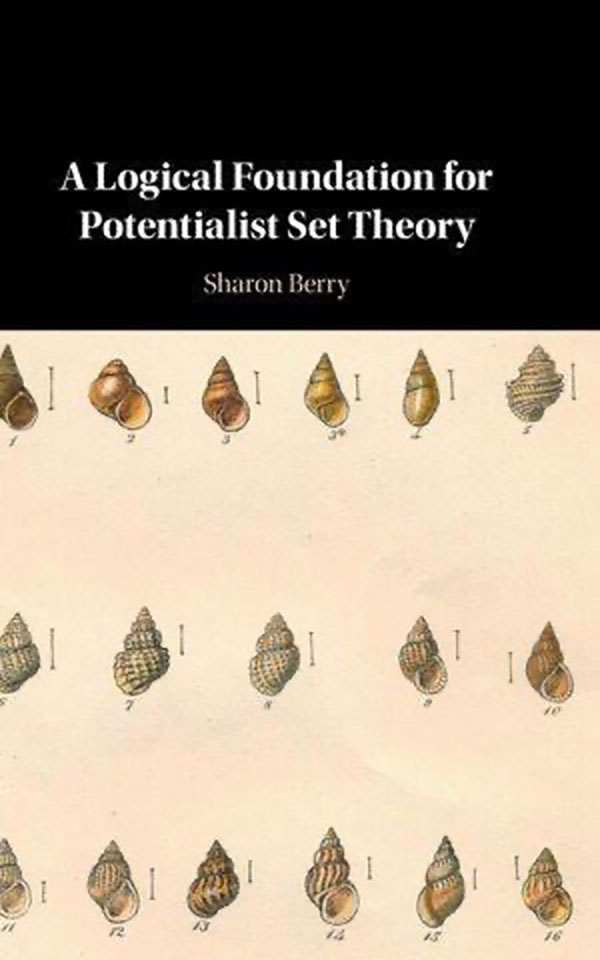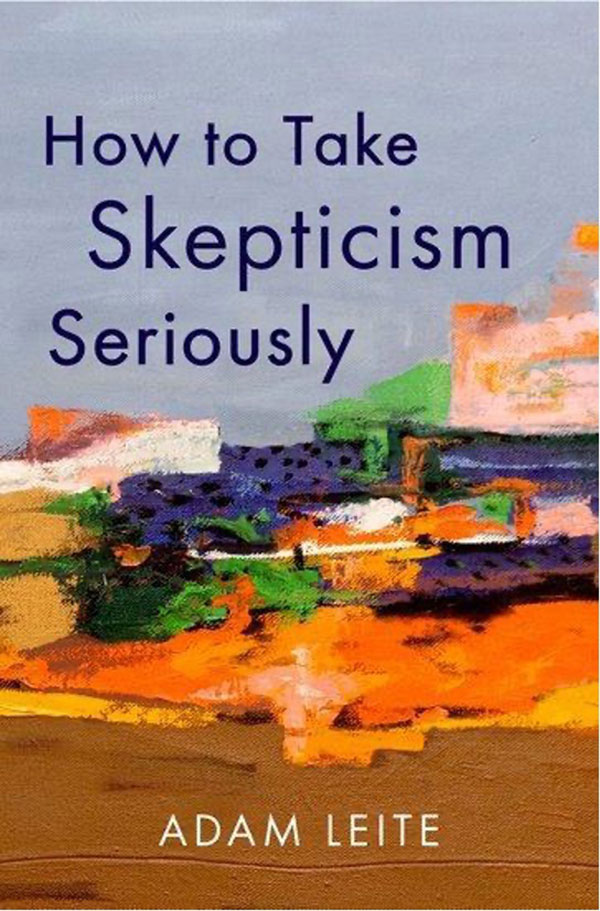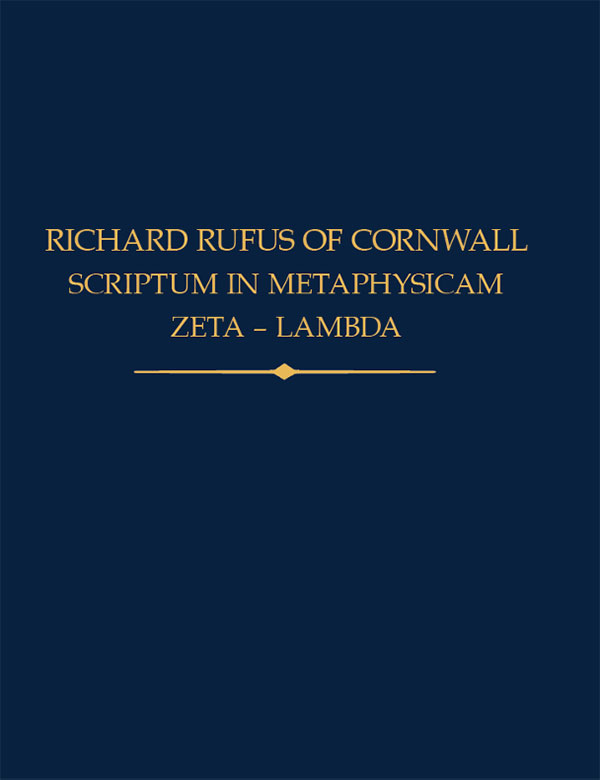“The depth and clarity of Rufus' philosophical insights rival those in Aquinas' commentary, frequently providing a more detailed analytical perspective. Rufus adeptly addresses critical questions that not only enhance our understanding of medieval thought but also touch upon key issues central to modern debates. His examination of the unity of the object of definition — a topic currently at the forefront of scholarly discussion — is both innovative and unmatched. His approach, contrasting the realms of logic and metaphysics, presents a refreshing challenge to modern viewpoints, often surpassing them in insight.
“This meticulously edited volume is indispensable for scholars wishing to learn more about a significant, albeit currently lesser-known, intellectual figure of the era. It's equally essential for anyone deeply interested in Aristotelian perspectives on substance, essence, and unity.”
This publication is a part of Dr. Woods ongoing Richard Rufus Project. Richard Rufus of Cornwall played a major part in one of the most important turning points in the history of Western philosophy – its rediscovery of Aristotle in the thirteenth century. The rediscovery of Aristotle’s works had a profound impact on the development of philosophy, theology, and science in the West, and Rufus was among the very first who taught them. The last of his lectures on Aristotle, his lectures on Metaphysics, for example, were given more than 30 years before Thomas Aquinas lectured on that work. But until recently Rufus’ very early lectures on physics, chemistry, psychology, and metaphysics were largely unknown, lost for almost 700 years, from about 1350. The Richard Rufus Project began publishing these works in 2003 in the British Academy Series: Auctores Britannici Medii Aevi. Released by Oxford University Press, these editions are a major resource for the study of the history of philosophy. Indeed, without access to the texts in their original language, the work of historians of philosophy cannot get off the ground, and we will not properly understand one of the major foundations of our intellectual history.






 The College of Arts
The College of Arts